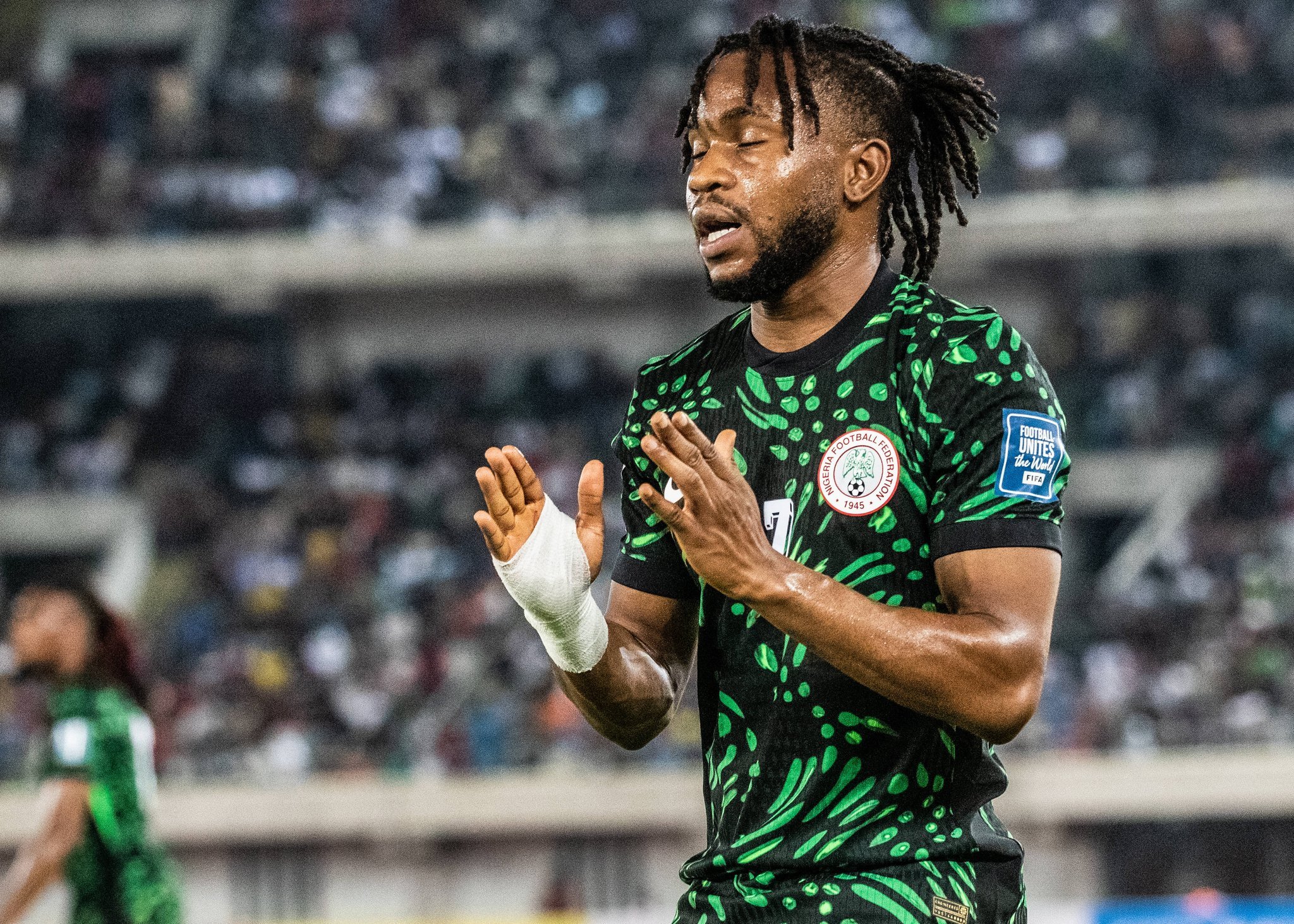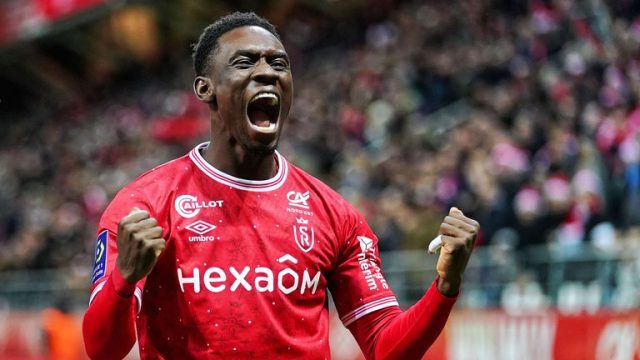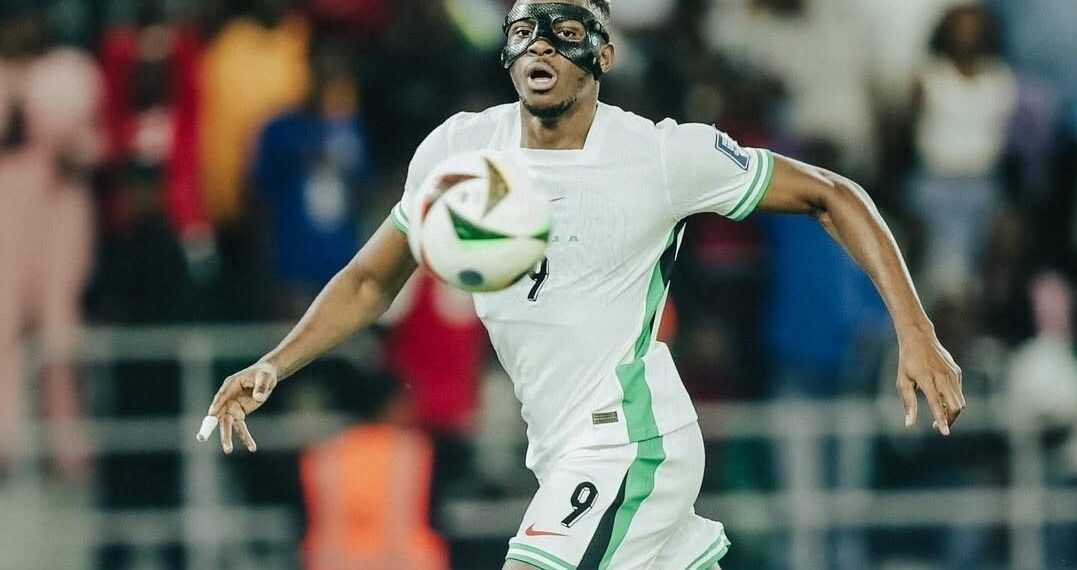In Nigeria and across West Africa, football is more than just a pastime—it’s an identity, a passion that brings people together at viewing centres, homes, and street corners, all eager to watch their favourite stars shine on the grandest stages. One such player who has recently been the focus of lively debate among fans and analysts alike is Nigeria’s own Ademola Lookman. The talented forward’s transfer saga involving Inter Milan and Atalanta has not only dominated summer football headlines but also sparked discussions about player agency, club loyalties, and tactical fit in the ever-evolving world of European football.
The Transfer Drama: From Atalanta to Inter—A Move That Wasn’t
As the summer transfer window unfolded, anticipation built around the possibility of Ademola Lookman making a high-profile switch to Inter Milan, one of Italy’s football giants. The speculation intensified when reports surfaced that Lookman, frustrated with his situation at Atalanta, had expressed a clear desire to join Inter—so much so that he allegedly informed Atalanta management of his request to leave. According to sources close to the negotiations, the forward even went so far as to boycott training sessions for over a week in an attempt to push the deal through.
This bold move set off a wave of reactions both in the Italian press and among Nigerian supporters, many of whom saw the transfer as an opportunity for Lookman to step onto an even bigger European stage, inspiring the next generation of local footballers. Yet, as the summer wore on, the deal became increasingly complicated. Despite Lookman reportedly agreeing to personal terms with Inter—including a lucrative five-year contract—Atalanta CEO Antonio Percassi stood firm. The club, citing an earlier promise that Lookman would only be made available in 2025 (and not to a Serie A rival), refused to sanction the move, according to insiders familiar with the negotiations.
The stalemate left fans divided: some sympathised with the Super Eagles forward’s desire for a new challenge, while others urged patience, reminding him of the commitment he made to Atalanta. According to Lagos-based analyst and former Nigerian international Uche Onwudike, “Players these days want to control their destiny, but clubs also have their objectives and strategies. It requires balance and respect from both sides.”
Player Protest and Social Media Backlash
The situation escalated when Lookman, in protest at Atalanta’s refusal to grant his transfer request, reportedly embarked on a two-week strike. He was absent from training without approved medical reasons, and in a move that captured the public’s attention, deleted all Atalanta-related posts from his social media accounts—an action widely interpreted as a signal of deep frustration.
Atalanta, meanwhile, refused to bow to pressure even when Inter reportedly raised their offer to €45 million—a significant fee by Serie A standards. With negotiations hitting an impasse, Inter withdrew their interest and began looking elsewhere, leaving Lookman to reintegrate into the Atalanta squad for the new season.
Reactions from football pundits in Nigeria have been mixed. Some argue that striking is sometimes the only leverage players have against club management, especially in high-pressure European environments. Others, like veteran coach Tunde Balogun, caution that such actions can tarnish a player’s reputation both at home and abroad. “Fans want to see dignity and commitment, even in difficult situations. These choices can affect national team call-ups and endorsements,” Balogun explained.
Ferrara’s Controversial Take: Would Lookman Have Thrived at Inter?
Just as supporters began adjusting to Lookman staying at Atalanta, Italian football legend Ciro Ferrara reignited debate with a bold analysis of what might have been. According to Ferrara, even if the transfer had been completed, Lookman would have faced significant challenges breaking into Inter Milan’s starting XI. Speaking to lnerazzurro, Ferrara remarked, “Lookman would have been on the bench at Inter. To insert him, you’d have to change a lot, starting with the formation.”
He went further, questioning whether Lookman possessed the precise qualities needed to thrive under Cristian Chivu’s tactical system. “Even if he is an important player, you’d have to disrupt an established tactical setup, something managers rarely do for a newcomer,” Ferrara noted.
This has sparked fresh debate among Nigerian fans. Some agree with Ferrara’s assessment, pointing to the depth and chemistry within Inter’s squad, while others highlight Lookman’s ability to adapt, referencing his successes in England, Germany, and Italy. For context, Lookman was instrumental for Atalanta in past campaigns, often providing crucial goals and assists—qualities that made Nigerian and African fans hope he could become another superstar in a top European club.
Local and Continental Impact: What Does This Mean for Nigerian Talent?
Lookman’s transfer drama resonates deeply with Nigerians and West Africans dreaming of football glory in Europe. For young players in Lagos, Accra, or Abuja, the saga is a lesson in both ambition and patience. According to Abuja-based football consultant Aisha Bello, “European clubs value discipline and team chemistry. Players who manage transitions without burning bridges are likely to build longer, more successful careers abroad.”
Statistically, Nigerian footballers are increasingly coveted in Europe, with more than 40 players from Nigeria currently plying their trade in the top five European leagues as of 2023 (based on Transfermarkt data). This success, however, comes with new pressures: balancing personal career ambitions, fan expectations at home, and the often rigid negotiating stances of top European clubs.
Ghanaian and other West African fans are also deeply invested in such stories, as the region’s footballers share similar aspirations and sometimes parallel challenges. For many, Lookman’s case is an example of the complex negotiations and sacrifices that come with being an African star in Europe.
Comparative Lessons: How Have Similar Cases Played Out?
Lookman’s saga is reminiscent of past high-profile transfer standoffs involving African players. In 2016, Nigeria’s Kelechi Iheanacho reportedly faced resistance at Manchester City before eventually moving to Leicester City, where he revived his career.
Similarly, Pierre-Emerick Aubameyang’s standoff with Borussia Dortmund eventually resulted in a move to Arsenal—with mixed outcomes. These cases underscore the reality that while transfers can offer career advancement, abrupt moves come with risks and might not always guarantee immediate success.
Season So Far: Lookman’s Current Challenge at Atalanta
Back at Atalanta, Lookman has featured three times this season without scoring or providing an assist. His first Serie A start came against Como last Saturday, but it was a tough outing—he was substituted in the 73rd minute after struggling to make an impact. His supporters hope that as the season progresses, he will recover his best form and make a compelling case for his next career move, whether that’s at Atalanta or elsewhere.
As the football world watches, the implications for Lookman go beyond individual achievement. For thousands of Nigerian and African youths who look up to him, his journey offers lessons in perseverance, professionalism, and the winding road to football greatness.
What do you think—would Ademola Lookman have made a mark at Inter Milan, or does Atalanta offer a better environment for his growth? Share your thoughts in the comments!
For support or more information, contact us at support@nowahalazone.com.
Don’t forget to join the conversation: follow us on Facebook, X (Twitter), and Instagram for the latest football insights, news, and stories from Nigeria, West Africa, and beyond!










